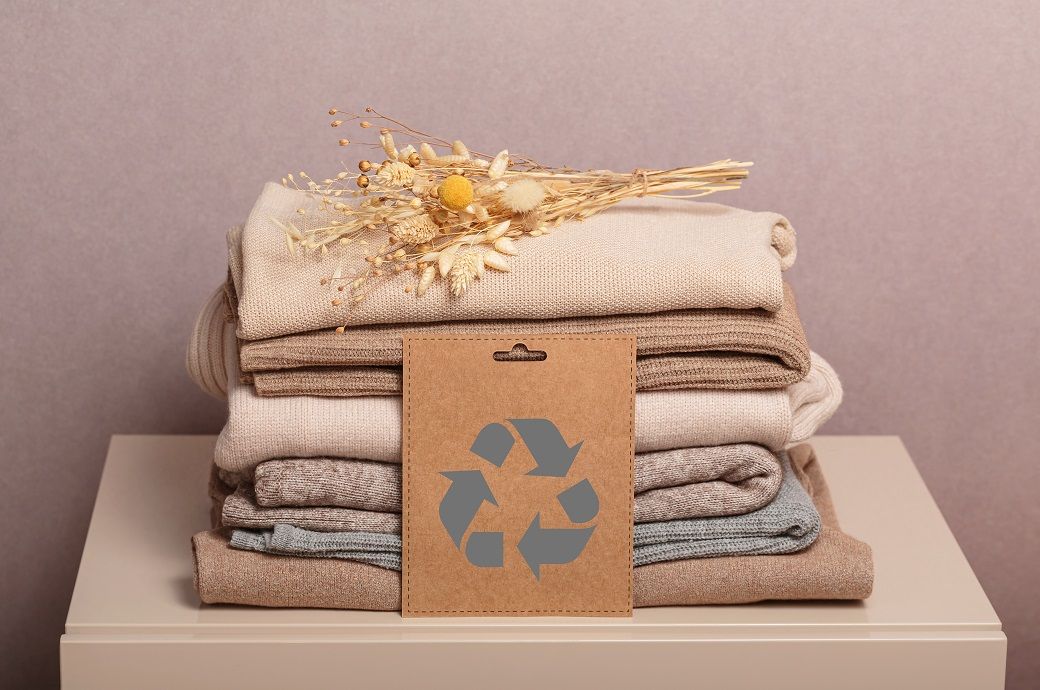
Supported by businesses representing 42 per cent of UK clothing sales by volume, CFIN has driven an industry-first approach that places market realities at the heart of sustainable innovation. The results to date demonstrate the power of collective leadership, delivering sector-wide progress on circular systems, policy, infrastructure and innovation.
CFIN represents a fundamentally different approach to driving industry change. Unlike previous initiatives that have approached sustainability leading with social or environmental goals, CFIN brings industry together to develop market-driven solutions. Brands on the CFIN advisory board include John Lewis, Marks and Spencer, Sainsbury’s and Veolia.
A key output of the report is the creation of a National Textile Recycling Infrastructure Plan—a strategic roadmap designed to address the 1.3 million tonnes of post-consumer textiles generated annually in the UK. The plan focuses on developing advanced, automated sorting and fibre-to-fibre recycling infrastructure, increasing investment in recycling and automation technologies, supporting workforce development and job creation across new recycling supply chains, and expanding market capacity for recycled textile products, the British Fashion Council said in a press release.
"CFIN has a framework now to accelerate the industry to circularity, embracing innovation, design principles and new business models to deliver a lower carbon impact. Our research demonstrates that a well-designed EPR system with the right recycling infrastructure is the most effective policy intervention to accelerate the UK's transition to circular fashion. With 1.45 million tonnes of post-consumer textiles generated annually in the UK and 711 kilotonnes ending up as residual waste, we need systemic change. This isn't just about environmental responsibility - it's about building a more resilient, innovative and competitive UK fashion industry,” Caroline Rush, former chief executive of the British Fashion Council, said.
The research has revealed that while 81 per cent of brands have included circularity in their five-year strategies, 63 per cent of consumer-facing initiatives remain in pilot stages. Key opportunities lie in resale—especially for mass and premium markets—repair, which is led by premium brands with the highest consumer uptake, and takeback schemes, which show strong potential for mid-market players. Additionally, insights into reshoring and sustainable manufacturing emerged from feasibility studies with seven major retailers, where CFIN identified viable pathways in knitwear, jersey, printing, and Cut-Make-Trim operations. These are increasingly supported by automation and AI, helping reduce waste and shorten lead times.
ALCHEMPro News Desk (RR)
Receive daily prices and market insights straight to your inbox. Subscribe to AlchemPro Weekly!